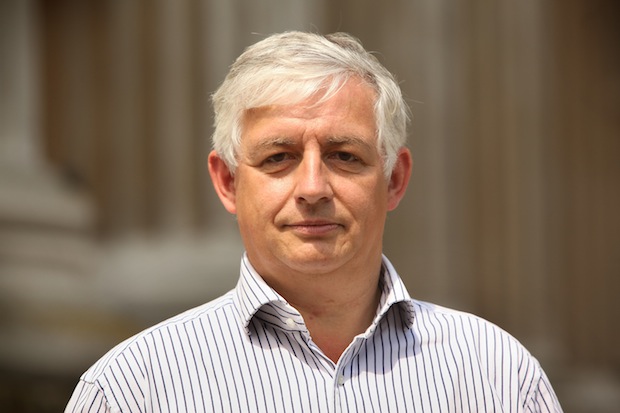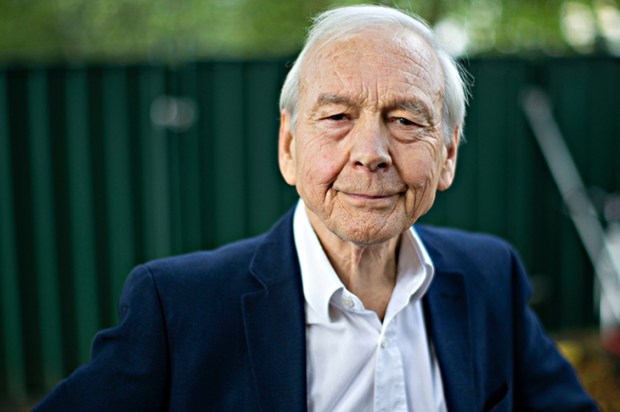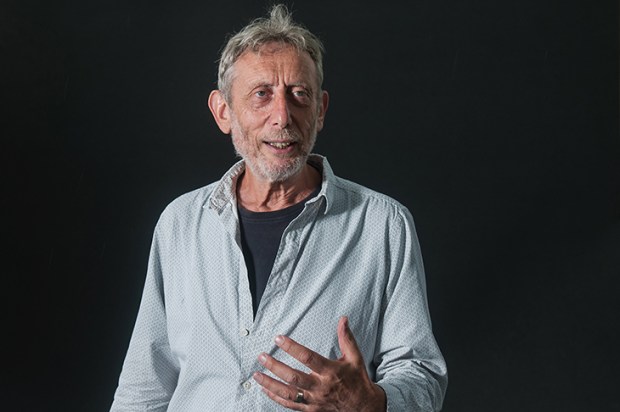Where next for Radio 3? Last Friday was the First Night of this year’s Proms season but it was the last night at the Proms for Roger Wright, who for 15 years has masterminded the station and for seven of those 15 the summer concert programme as well. Rather surprisingly, and you might think ominously, no successor has so far been named to steer this most elegant yet vulnerable station into the digital challenges of 2015 and beyond.
Already a subscriber? Log in
Subscribe for just $2 a week
Try a month of The Spectator Australia absolutely free and without commitment. Not only that but – if you choose to continue – you’ll pay just $2 a week for your first year.
- Unlimited access to spectator.com.au and app
- The weekly edition on the Spectator Australia app
- Spectator podcasts and newsletters
- Full access to spectator.co.uk
Or
Unlock this article
You might disagree with half of it, but you’ll enjoy reading all of it. Try your first month for free, then just $2 a week for the remainder of your first year.














Comments
Don't miss out
Join the conversation with other Spectator Australia readers. Subscribe to leave a comment.
SUBSCRIBEAlready a subscriber? Log in